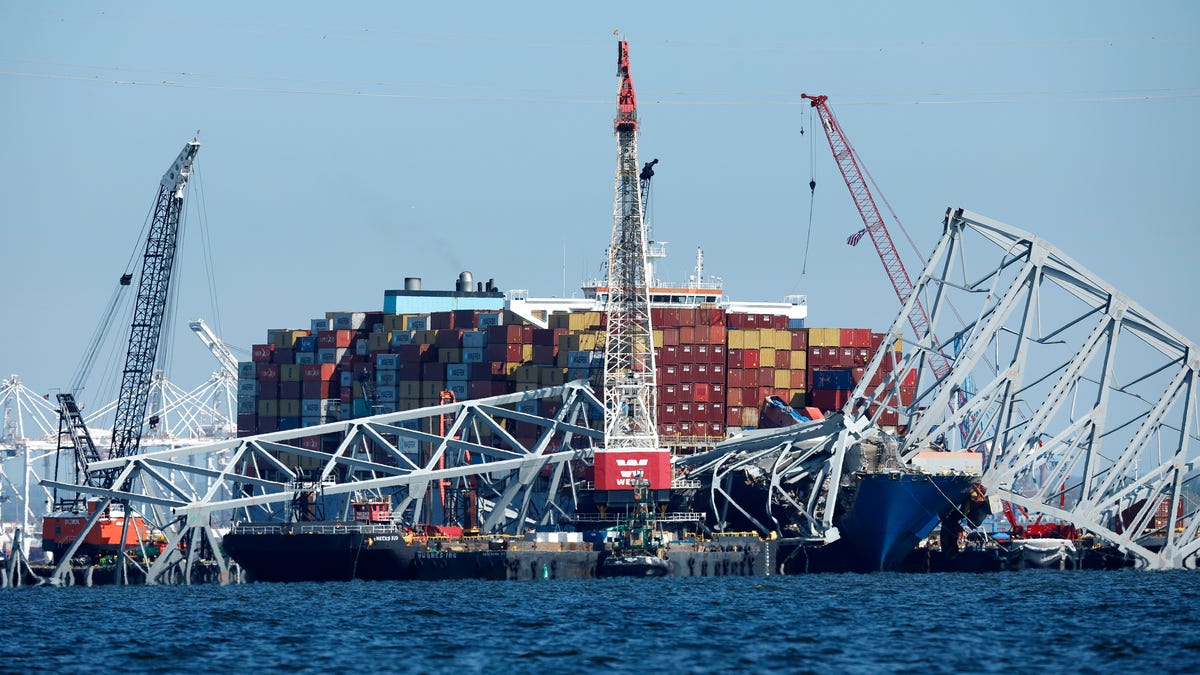A Baltimore Publisher Takes Legal Action Over Bridge Collapse
A Baltimore publisher is taking legal action against the owner and operator of the DALI cargo ship, which was responsible for the collapse of the Francis Scott Key Bridge on March 26.
Lawsuit Details
The owners of American Publishing LLC, Karen Austin and Charles Austin, have filed a class action lawsuit against Grace Ocean Private, the owner of the DALI, and the ship’s operator, Synergy Marine Group. The lawsuit alleges that local companies have reduced their advertising in American Publishing’s publications following the bridge collapse, leading to a significant negative impact on the publisher’s revenue.
Prior to the collapse, American Publishing was experiencing growth, expanding its distribution and attracting substantial advertisement revenue from local businesses in Baltimore. However, in the month after the incident, the publisher’s income reportedly plummeted by 84% compared to the previous year. The plaintiffs assert that the abrupt loss of income can be directly attributed to the destruction of the Key Bridge.
The lawsuit accuses both Grace Ocean Private and Synergy Marine Group of gross negligence, potentially bordering on criminal behavior. The language used in the lawsuit echoes similar sentiments expressed by the city of Baltimore in its own legal action against the two companies.
The Austins contest the petition by Synergy and Grace Ocean to cap potential damages at $43.6 million, arguing that such a limitation should not be permitted.
Events Leading to the Collapse
Chartered by Maersk, the DALI departed Baltimore on March 26 bound for Sri Lanka. However, the ship encountered power issues and collided with a critical support column of the Key Bridge, causing its immediate collapse and resulting in the tragic deaths of six construction workers.
The lawsuit alleges that the catastrophe could have been prevented entirely. Reports indicate that warning alarms about erratic power supply were activated before the DALI set sail, signaling its unsuitability for the voyage. Despite these warnings, the ship was cleared to depart, a decision the lawsuit characterizes as reckless and demonstrating a blatant disregard for maritime safety standards.
Economic Impact and Recovery Efforts
The collapse of the Key Bridge had severe repercussions, halting vessel traffic through Baltimore’s port, which plays a crucial role in handling 52.3 million tons of foreign cargo valued at $80 billion in 2023. The port’s operations are vital for supporting supply chains in industries such as automotive and energy.
Following the incident, Maryland’s Port Administration has opened a temporary channel to facilitate the departure of ships moored at the port. This 35-foot-deep channel is the fourth temporary passage created by the state to allow vessels to exit the port. The U.S. Army Corps of Engineers aims to have the port’s permanent 700-foot-wide, 50-foot-deep channel operational by the end of the following month, as the closure of the port continues to cost over $6 billion in cargo volume each month.
Image/Photo credit: source url





